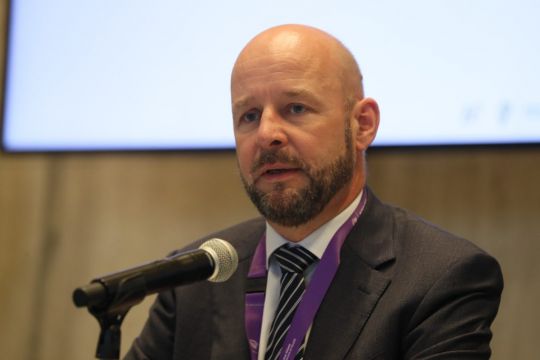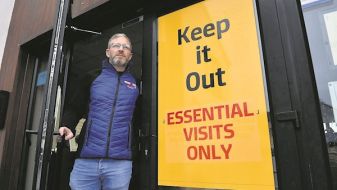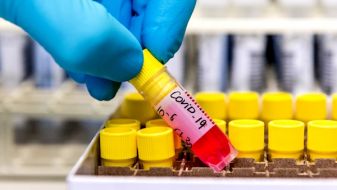Public health officials have rejected as impractical and risky the “zero-Covid” strategy increasingly advocated by Opposition politicians.
As the Irish Times reports, in unusually forthright criticism, senior members of the National Public Health Emergency Team (Nphet) accused proponents of the strategy of making “false promises” that an end to lockdown can be achieved soon through virus elimination.
“It is an utterly false promise to say we can go to Level 0 or 1 in the space of weeks or months,” Prof Philip Nolan, chair of Nphet’s epidemiological modelling advisory group, told a briefing on Thursday evening.
“That won’t happen, and it would be an incredibly risky thing to do because we will inevitably be a leaky country and get reintroduction of disease, and that could easily be new variants.”
Zero-Covid, defined by academics as “the absence for a suitable period of time of community transmissions”, is partially or fully supported by most Opposition parties and some Government TDs.
Taoiseach Micheál Martin and Tánaiste Leo Varadkar have both cast doubt on its feasibility however.
Prof Nolan said he shared the aim of reducing community transmission of the virus to “as close as practicable” to zero, stopping non-essential travel and doing “everything we can” through testing and isolation to limit the risk of reintroducing infection.
Community transmission
“But we have to accept in the circumstances of this country that no such system will be perfect and can guarantee the complete exclusion of any new disease or variant.”
According to chief medical officer Dr Tony Holohan, zero-Covid would be very difficult to apply “in a realistic way in an environment like ours”.
Ireland is a small economy dependent on its links with Europe and “we simply couldn’t realistically seal the borders of this country and stop people moving in and out”. It was, he said, “far more reasonable to pursue the present policy of driving down community transmission, and getting people vaccinated as quickly as possible”.
Nphet, which on Thursday reported 47 deaths and 1,466 cases linked to Covid-19, said huge progress has been made in the past week in controlling the spread of the virus.
However, the incidence is still twice as high as it was during the October peak, and the average number of deaths is higher than during the first wave last spring.
Behaviour
Chief executive of the HSE Paul Reid echoed Nphet's reservations regarding a zero-Covid approach for Ireland saying he "didn't believe it's possible" to lock the virus out of the country.
Speaking to Newstalk Breakfast this morning, Mr Reid said the debate around a zero-Covid strategy was frustrating, adding it was displaced anger.
He said frustrations about the virus and restrictions have shifted to Ireland not adopting the zero-Covid approach, but in the past those frustrations had been previously been directed at young people, meat plants, international travel, adding ultimately it was all about behaviour.
"It's not about closing the island. I wish it were that simple," Mr Reid said.
Regarding vaccines, Mr Reid said the country is "living with a good deal of uncertainty now".
He added: "[The vaccine is] the road out of this awful mess, but it's going to be a rocky road.
"We're at the start of a very uncertain road, but it will get clearer."
The HSE is also to resume testing of close contacts, a month after it was forced to stop due to the post-Christmas surge in cases.
It is will also recommence telephone calls to close contacts after a period during which they were informed of their status by text message.







